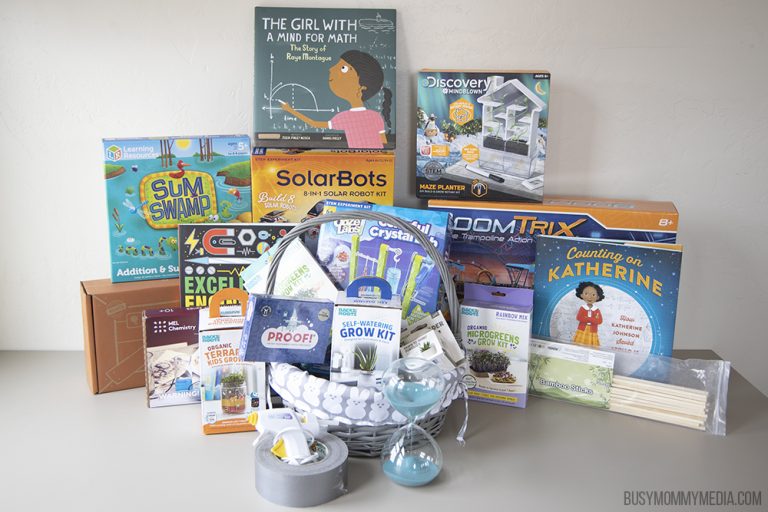Store Food Safely to Prevent Family Illness
Did your mother set chicken on the counter all day to thaw when you were growing up? Did your grandmother use the same sponge to wipe your face, the table, and to do dishes for years? Somehow, we survived the illnesses caused by bacteria that we now know will grow rapidly in these environments. Just maybe those times we stayed home from school sick with the flu were something else. After all, the symptoms of food borne illnesses are very similar to the flu. Microorganisms including Salmonella, E. coli O157:H7, and C. botulinum, contribute to illnesses everyday.
Children, the elderly, and those with weakened immune systems are the most vulnerable. We often cut corners because of our busy schedules, work, family, and children’s activities when it comes to food preparation. However, if we store food safely, keep foods either hot or cold enough to prevent or slow the growth of bacteria, we can protect those we love from illness.
In some ways, we have it a little easier than our parents and grandparents did. When we forget to take the chicken out of the freezer and put it into the refrigerator before work, we can use the microwave to thaw it quickly.
Put food into the refrigerator as soon as you get home or finish eating portions of it. Foods that require refrigeration should never be left at room temperature for more than two hours. That time limit decreases to one hour when the temperature increases to 90° F. If you forget to refrigerate something after opening it, throw it away to keep your family safe. I know food is expensive, but the health of your family is worth more.
Luncheon meats that are stored in the refrigerator for long periods can grow a bacterium called Listeria. Therefore, your family should use them up as soon as possible. Check periodically to make sure your refrigerator temperature is above 40° F. Throw out any food that looks or smells strange. Mold and bacteria can grow in the refrigerator they just grow more slowly than usual. Clean up messes in the refrigerator as soon as they happen, periodically clean, and disinfect the entire inside. Cover foods and leftovers and discard foods that have expired. While freezer burn may affect the flavor of your meat, it does not cause spoilage. The food should still be safe to eat. Check occasionally to be sure that your freezer is keeping foods between 0° and 18°F.
Never store foods near poisons, household cleaners, or under sinks. Throw out cans that appear swollen or leaking. If you have problems with ants, roaches, or other pests, store your dry foods in airtight containers. Foods like cereals, noodles, instant potatoes, flour, and sugar should be stored in airtight containers. If you cannot afford to purchase Rubbermaid or Tupperware type containers, recycle butter, cottage cheese, plastic pretzel, or animal cracker containers.
- Online Immunization Scheduler Keeps Busy Moms on Track
- How to Clean Tile Countertops
- How to Cut Your Own Children’s Hair to Save Money
- Allowing Your Child to Live and Play Sports With Asthma
- Start at the Store: 7 Ways to Prevent Foodborne Illness
Photo Credit: Julia Fuller 2006
by Julia Fuller



